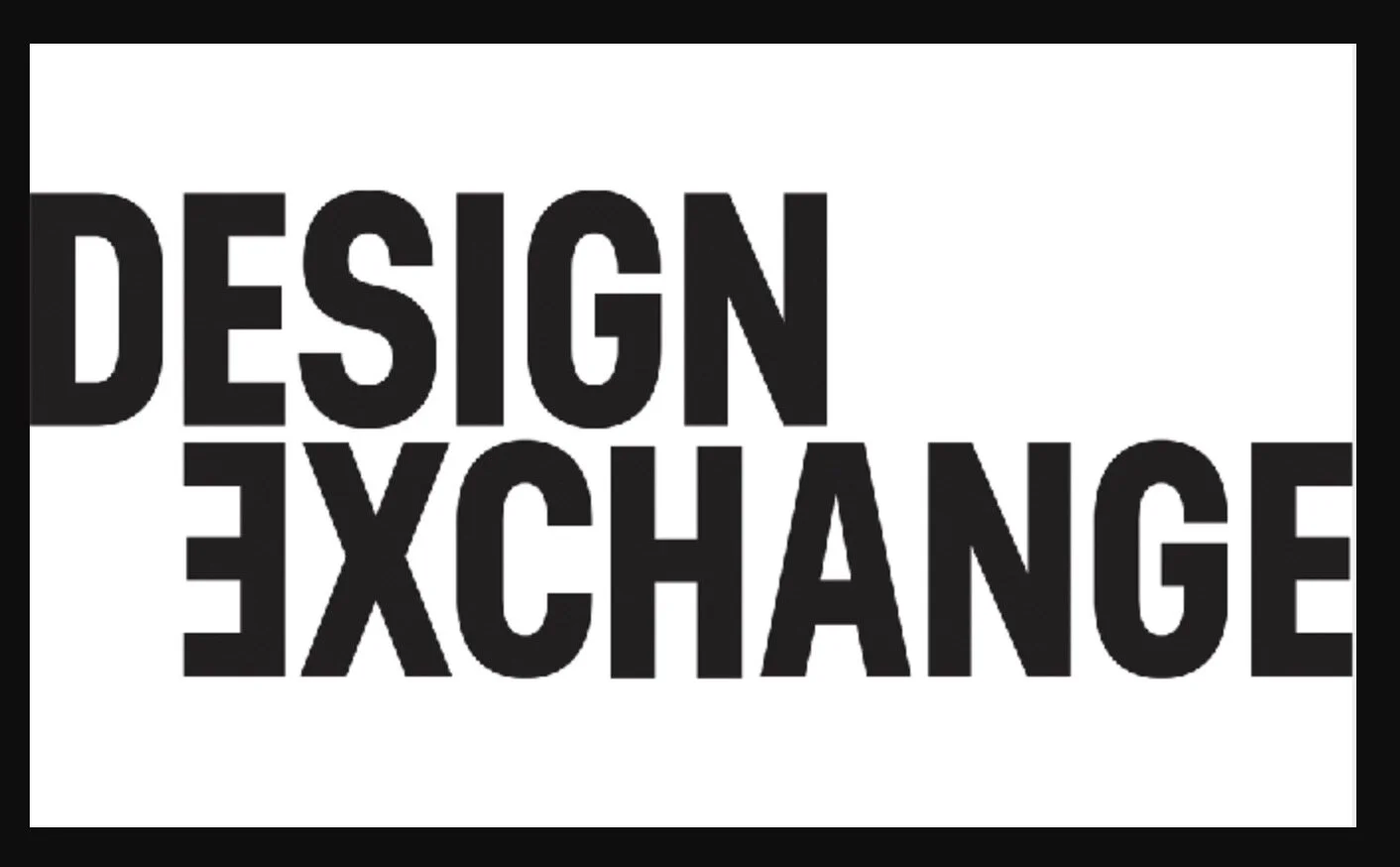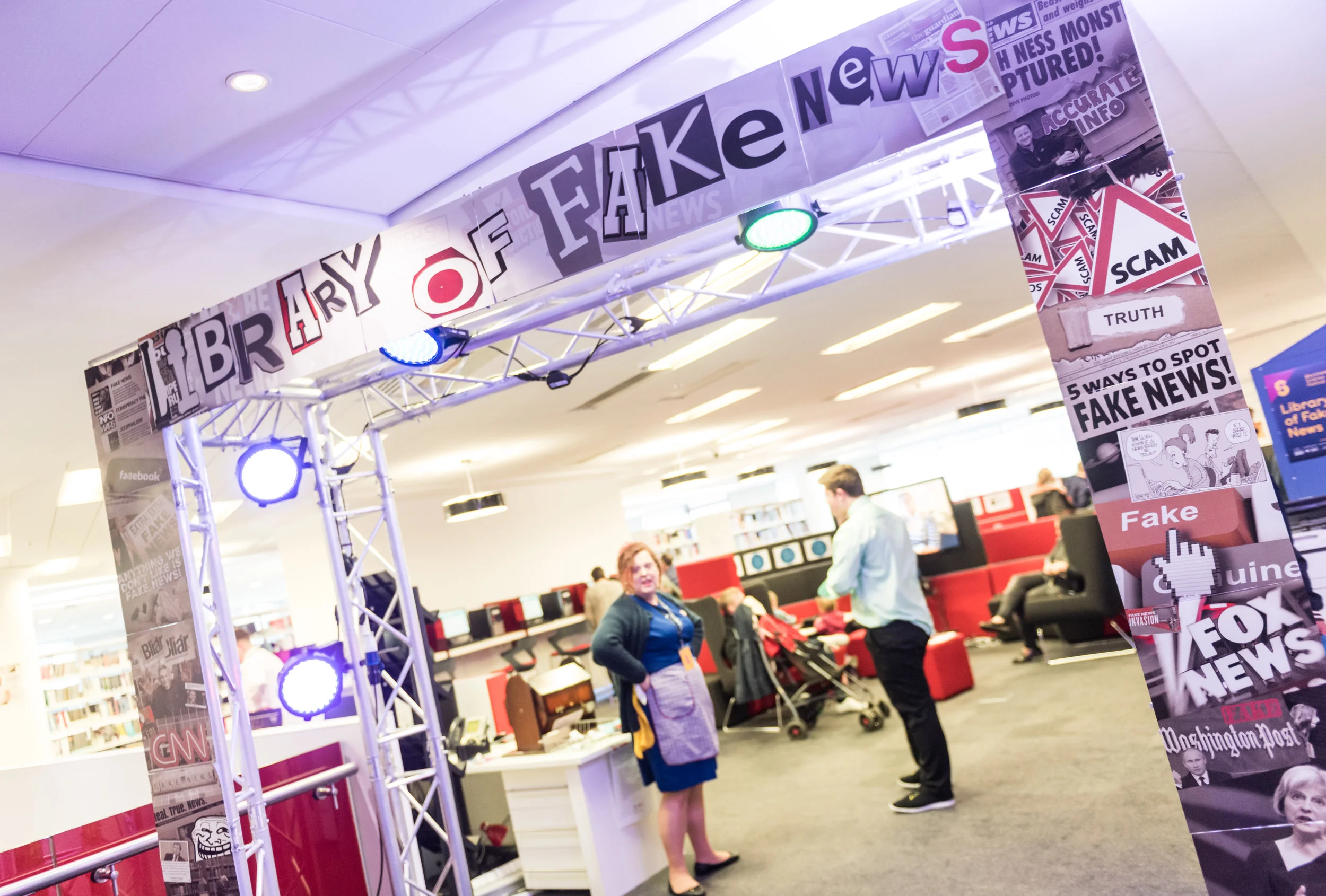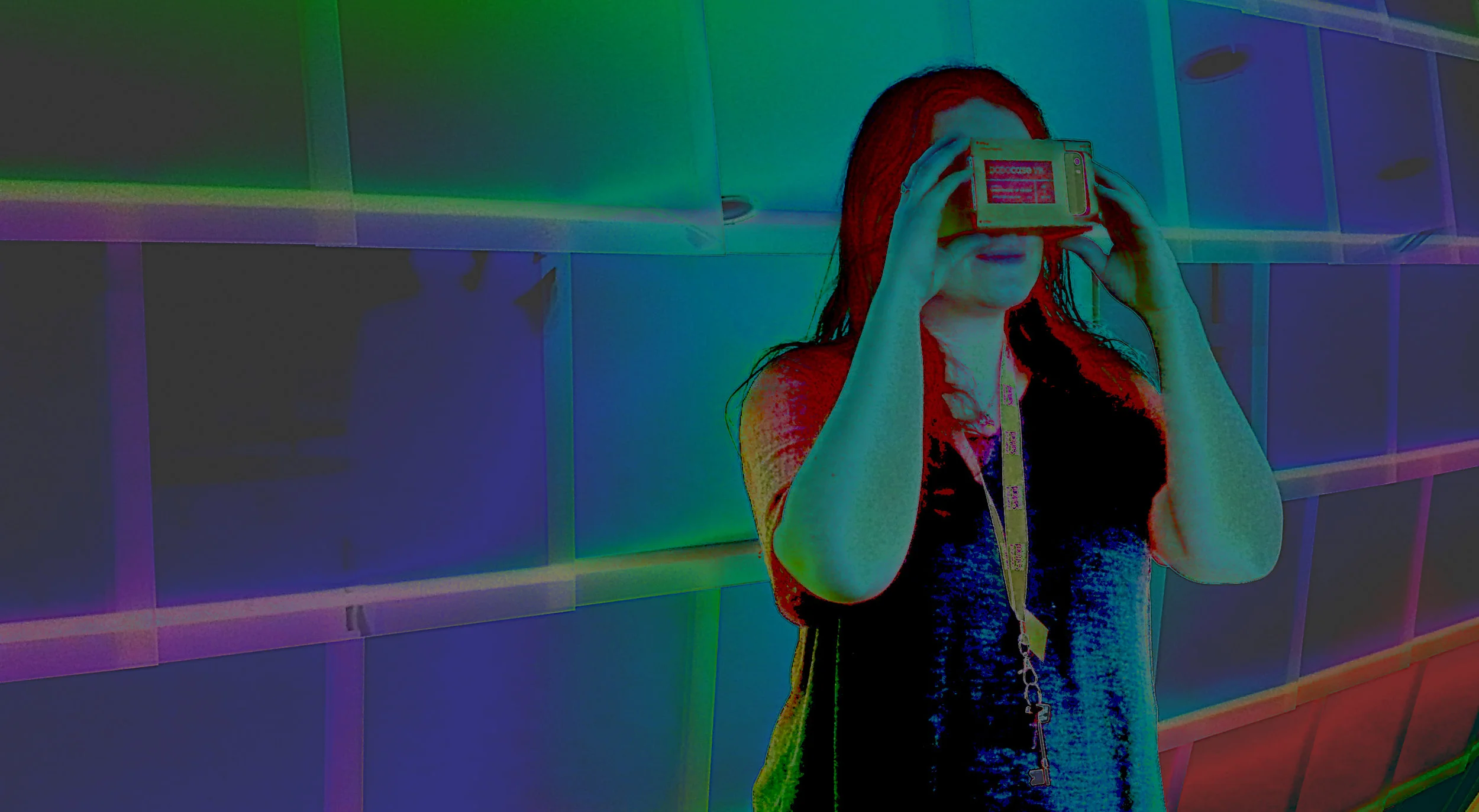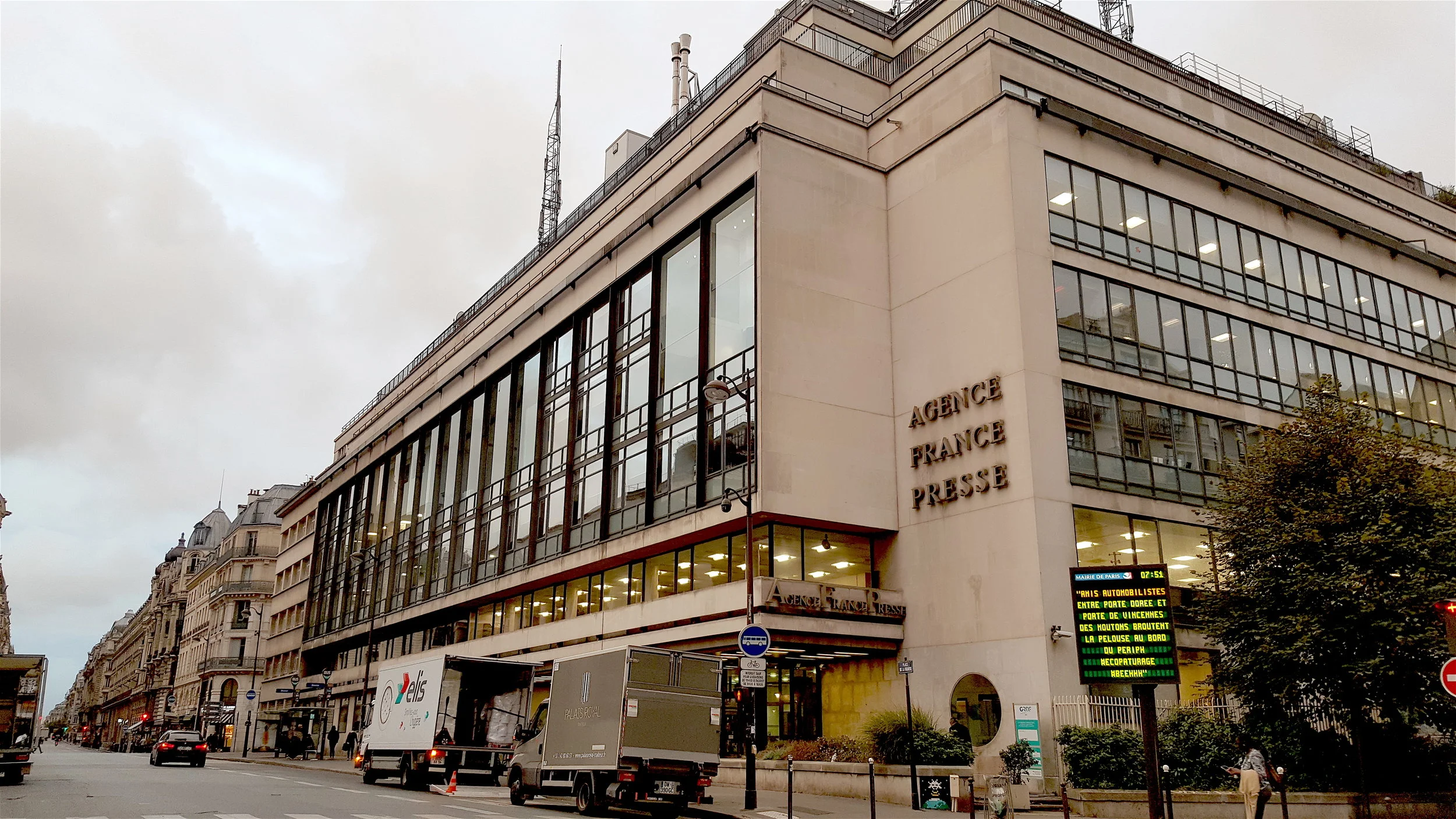
Make it stand out
What’s been happening?

Esports and Transmedia Architecture

Fake News, Science, and Journalism

Re-Thinking Journalism

Protecting the future of News Media

Young Science Reporters #ESOF16

Our digital future?

Drones for Good?

Why a broken Ring matters in the Olympic Games Opening Ceremony (2014)

The 360 degree Olympic News Experience

Why Wasn't Lance Armstrong Caught Earlier?

Media Ethics: Is the sky falling?

Journalistic Cultures, Moscow
news:rewired – beyond the story
16 December 2010 at Microsoft UK, 100 Victoria St, London. Looks like I'll be the only academic speaker on the programme; should be fun
